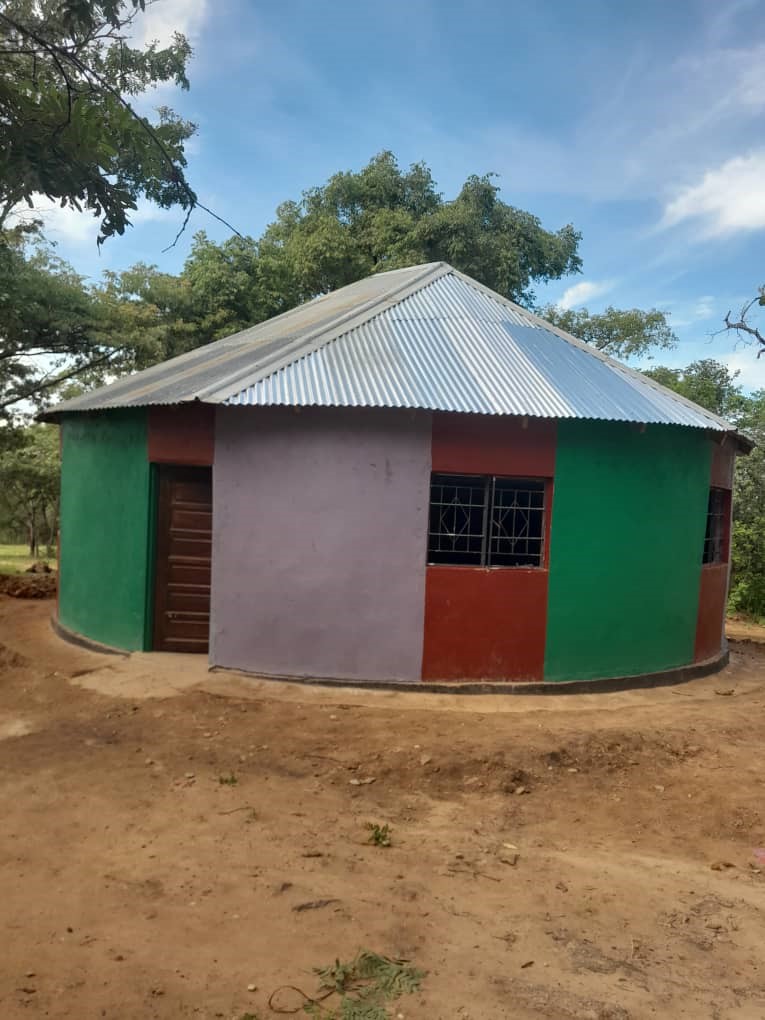
Effective Community Engagement Yields Results For Mwasiti Community School
Mwasiti community school is located in the outskirt of Sinda district of Eastern province where the majority of the population depends on agriculture as their major source of livelihood. Being a Community school, Mwasiti school has continued facing infrastructure challenge especially classroom accommodation for per-school learners (early childhood). CSPR has been implementing the Voice and Accountability project at Mwasiti community school and the Community Social Accountability Committee (SAC) has been formed to build the capacity for the community to engage effectively with schools and other duty bearers in order to address many challenges which the school faces when it comes to education service delivery. For some years the school has not received assistant which has been a challenge for many parents to enroll their children in pre-school due to the fact that schools with ECE
Newly constructed ECE centre-Mwasiti Community school
Centers are very far from the community. After a number of meetings spearhead by SAC members the community which seemed to lack coordination and capacity to engage with school administration developed the willingness to dialogue and coordinate. The community resolved that they needed to have an ECE center for the growing population of children in the area. The community decided to do the up-front material mobilization before making any engagement and this was done successfully. However, the community could not raise funds needed for other construction materials which prompted the community to approach ROCS, an organization supporting communities with ECE centers. The organization gave the community the requirements for them to be supported in terms of their contribution. ROCKS visited the community and was satisfied with the up-front materials and the construction of an ECE center commenced. The community participated in the project up to the end of the construct. The Communities have also continued participating in the management of the school as they feel part and parcel of the school and they are also monitoring the budgets and suggesting projects to be prioritized for the school.
Community Initiative Help Respond To The Need For ECE Centre - Taferadziko
Taferadziko is a primary school located in Vubwi District of Eastern province which is bordering with Malawi. The school is one of the furthest from Vubwi Boma and is characterized by poor road network and network challenges. Taferadziko is one of the schools where the Voice and Accountability (V and A)project is being implemented in Vubwi. The project has been building the capacity for communities to engage with school administrators and local authority for improved education service delivery in Vubwi.
Prior to implementation of V&A project Taferadziko Primary School had over 700 pupils as enrolment and had no well-established ECE centers. The school is surrounded by 27 villages. Due to sensitization by the community Social Accountability Committee (SAC) on the importance of taking children to school there has been an increase in the number of parents wanting to enroll their children especially in pre-school. However, the school had no capacity to accommodate all children. Upon noticing the need, the SAC and the community engaged the traditional leaders for land which can be used to put up one temporal ECE Centre to help with the problem. Community members made contributions and did the up-front material mobilization also managed to engage two community teachers who are attached and being monitored by Taferadziko Primary school.
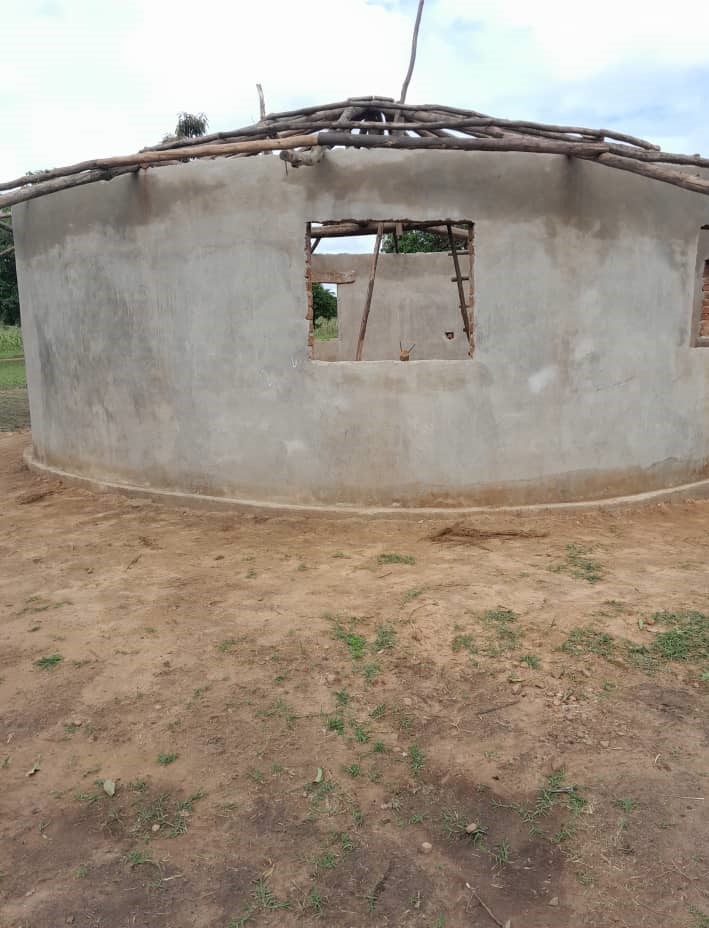
After seeing that the first ECE centre was operating, other villages also called for a meeting and also did the same. This saw 3 more new ECE centers to be established in the area. The community also managed to engage the District Education Board Secretary (DEBS) office for support with two government teachers who can be attached to new ECE centers to support volunteer teachers. The DEBS office has since supported Taferadziko with two teachers who are working closely with volunteer teachers to manage ECE centers. The DEBS office has expressed gratitude to the community for their initiative and highlighted that at least the pressure on Taferadziko Primary to accommodate early childhood learners has been reduced and plans are underway to send more teachers and in future some of these ECE centres will be upgraded. In the end the community says “Taferadziko has given birth to ECE Centers”.
Community And Local Government Working Together To Improve Education In a Remote School Of Western Province
This Case Study illustrates the difficulties for education in Lusu East , Sesheke District, Western Province and how they were overcome. It key message is that when the Social Accountability Committee of the school works with local government and community members, much can be achieved.
The situation prior to the V&A project: Lusu Combined school in Sesheke Preovince is 60 very difficult kms from Sesheke Town beside the Zambesi river. It is very cut off from government services. The school has one broken down teachers house and the community has refused to collaborate to build traditional houses for teachers, saying that they have been told by MPs that teachers have an allowance to rent houses and that this is government responsibility. In the meantime teachers have very poor housing.
What the project is trying to achieve: CSRP and the V&A project is trying to get the community to work together to overcome the problems of teachers houses and to access whatever help they can get from the government. It is also trying to get the PTC and SACs to meet regularly and take responsibility for the problems of the school. In general CSPR wants to demonstrate that community action can yield positive results.
CSPR provincial and district staff worked with and through the SAC to get agreement in the community that the children’s education would be best served if the community worked together to provide what facilities they could, and to request help from different government departments. Following a lot of community discussion, there has been evidence to date of community collaboration in cleaning the school, in building a second teachers traditional house buildings at the clinic, and toilets for teachers and learners.
The community also got together to apply to the Ministry of Education for a tank and piping for a garden project. This was received and the community worked together to make a school garden. The PTC then made an application to Sesheke Council for desks under the Constituency Development Fund, and they were successful in getting 45 delivered. Collaboration between the school, the government and the community has greatly improved.
In general the work of CSPR in Lusu East has been successful in persuading parents that they should take more responsibility for the school, its teachers, and its facilities, and in overcoming unhelpful political messages. So long as community action results in acquiring facilities and services and community members agree to work together, these results seems sustainable
Case Study derived from interview with Kayombo Mbwangu, aged 60+, living in Lusu, Sesheke.
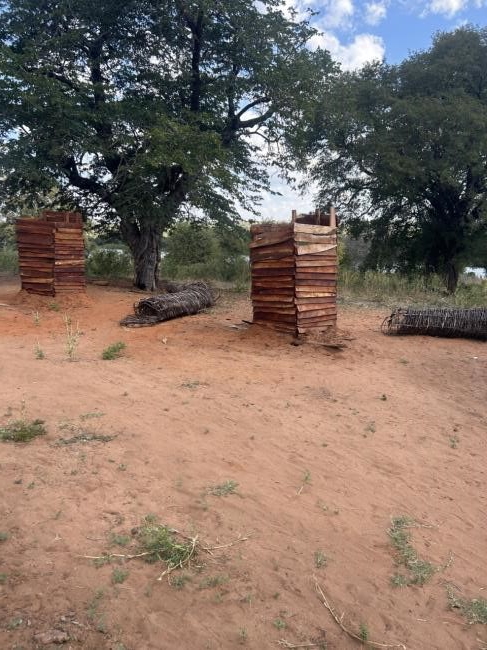 Temporal Toilets built by the community for the pupils and the teachers
Temporal Toilets built by the community for the pupils and the teachers
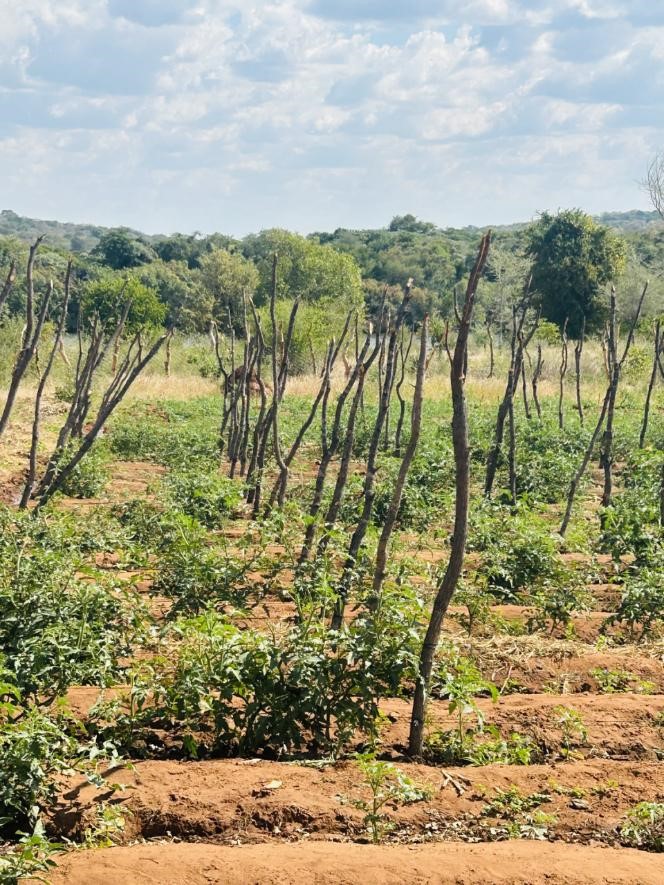 The school tomato garden
The school tomato garden
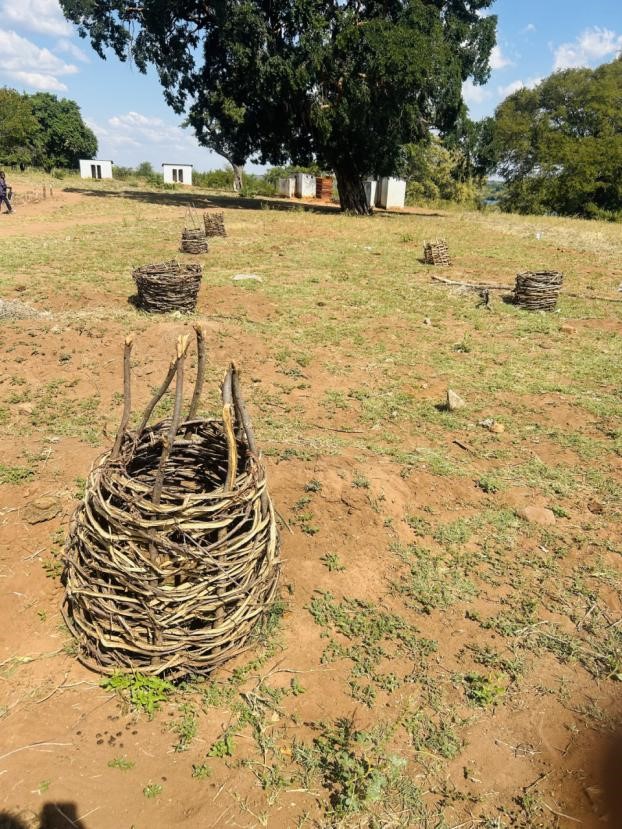 Fruit trees planted at the school by the community
Fruit trees planted at the school by the community
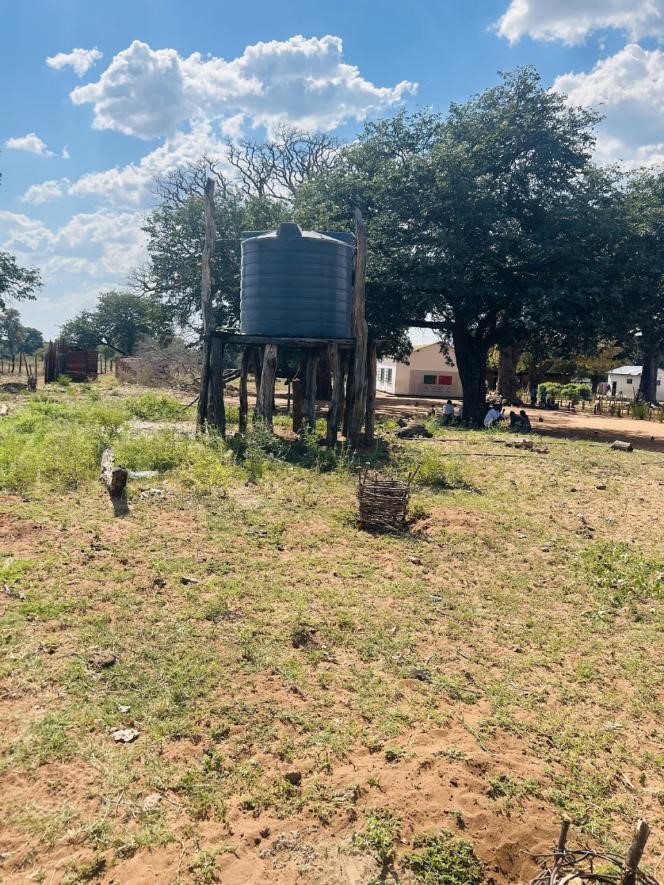 The water tank was procured under the special grant for production unit projects
The water tank was procured under the special grant for production unit projects
KALABO YOUTH EMPOWERED WITH SOCIAL ACCOUNTABILITY SKILLS
monitors education service delivery at the local School 2nd May, 2024
A youth Community Social Accountability Committee (SAC) member in Kalabo says Kalabo Day Primary School management is currently socially accountable in the school grant management owing to the social accountability skills the community has acquired through community training conducted by the Civil Society for Poverty Reduction (CSPR).
The 26 year old youth Ms. Kambuya Mulemba shared her experience during a community training held at Kalabo Day on May 1st, 2024, for new SAC members. She said prior to the Voice and Accountability project at the school, the community was unaware of the role citizens play in advocating and helping to make public institutions more transparent, accountable in the public service delivery, public financial management, governance, social inclusion, and empowerment especially in the education system. The community was unaware that the school management has an obligation to display the school plans and budget, the grant, and expenditure on the noticeboard for the information of all community members.
Ms. Mulemba said, “before the project and the empowering training we received from CSPR, I as a young woman considering our culture and traditions, had no confidence to stand and speak to an audience like this one (training participants) which consists of elder, traditional leaders (Indunas) and speak boldly and confidently about any issue. I credit this confidence to the skills I have acquired from the social accountability training from CSPR” Ms. Muyemba said.
Ms. Muyembe further told participants that as one of the CSPR phone holders responsible for data collection, she is able to obtain information from the School Headmaster on the financial management and other governance processes. She said “it is such a great achievement for me to go to the Head teacher's office and ask for information. Can you imagine a person like me, questioning the Headteacher on school grants, it’s unheard of”.
Ms. Mulemba said the project has created a platform for the community to get involved in the management of the school and for the school to be open and transparent about the management of resources at the school. She said prior to the project, the community was unaware of the financial guidelines provided by the Ministry of Education for community involvement. She said the community are the eyes of the government by making sure that school manage the resources transparent. The school is now aware that the community has been informed of the financial guidelines and they are now mandated to involve the community in the School plans and budgets and also they ensure that they display the grants they receive, the budget and the expenditure for all community members to see.
Ms. Muyemba however appealed to the new SAC members to not abuse the information they have obtained from the training. “Now that you have been trained on your rights and responsibilities concerning the management of school grants, do not abuse this right questioning school authorities anywhere anytime. As much as you have the right to know, ensure that you follow the right channels and procedures in obtaining the information” she said.
CSPR conducted community trainings in social accountability under the Zambia Voice and Accountability: Community Empowerment for Improved Service Delivery’’ (V&A Project) with financial support from the Japan Social Development Fund (JSDF) through the World Bank. The project seeks to enhance community engagement and participation in monitoring education service delivery in nine (9) districts of Eastern and Western Province namely Mongu, Senanga, Nalolo, Kalabo, Kaoma, Katete, Vubwi, Sinda and Mambwe in May 2024.
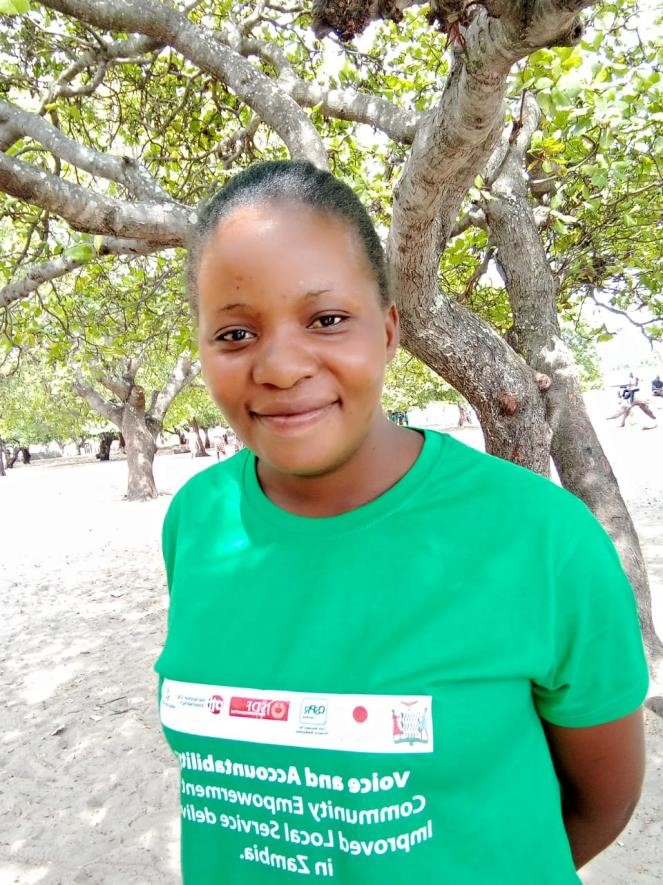
Ms. Mulemba Kalabo Day SAC data collector